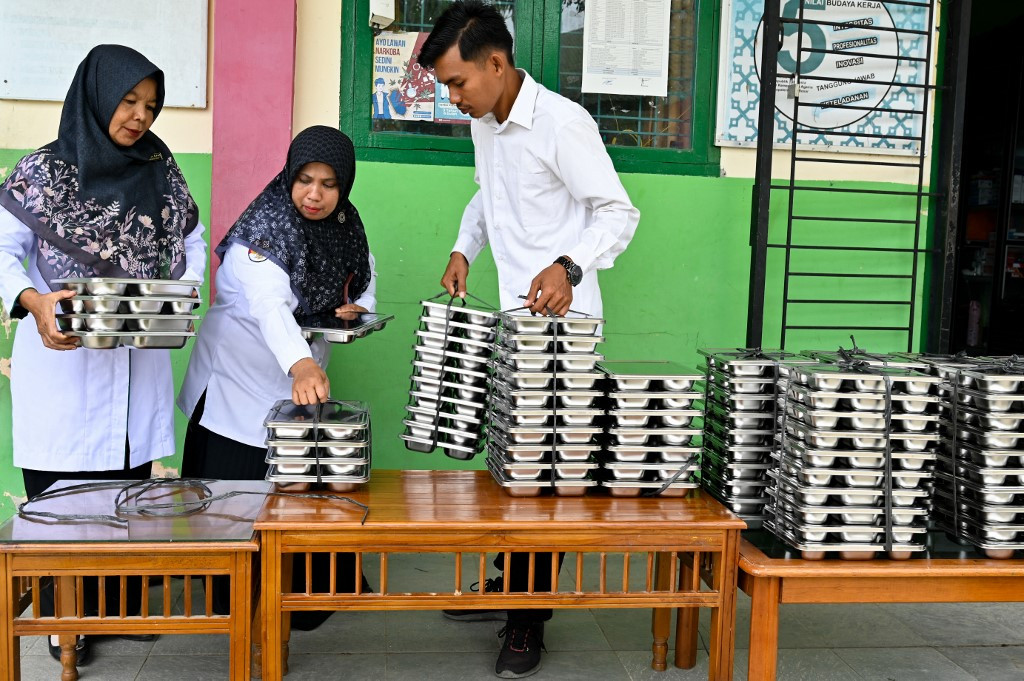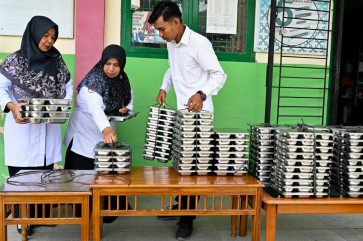Popular Reads
Top Results
Can't find what you're looking for?
View all search resultsPopular Reads
Top Results
Can't find what you're looking for?
View all search resultsThe dangerous drift of our universities: Who will feed and educate Indonesia tomorrow?
Over the past two decades, for unclear reasons, we have pushed specialized universities to become broad, general-purpose institutions.
Change text size
Gift Premium Articles
to Anyone
I
ndonesia has quietly made a serious strategic mistake. Over the past two decades, for unclear reasons, we have pushed specialized universities to become broad, general-purpose institutions. The most significant examples are the Bogor Agricultural University (IPB), historically the center of Indonesia’s agricultural innovation, and the IKIPs, our once-elite institutions dedicated to training teachers.
These transformations were not the result of a national debate or an explicit rethinking of priorities. They unfolded through gradual policy shifts and subtle incentives that rewarded popularity and rankings over mission.
At first, many welcomed the change. Adding more faculty meant more students, broader appeal and perhaps a higher international profile. But in the expansion, something crucial was lost: the clarity of mission. Institutions that once served specific national needs, feeding the country and educating the next generation, now compete across disciplines already well covered by other universities.
Agriculture illustrates the consequences clearly. Today, more than a quarter of Indonesia’s workforce remains in agriculture, yet the sector contributes less than 13 percent of GDP. For decades, development plans assumed that industry and services would gradually absorb labor from agriculture, allowing the sector to shrink naturally. That strategy worked when manufacturing grew rapidly, creating jobs for millions. But the world has changed. Industry is no longer the mass employer it once was. Automation and competition have tightened labor demand..
If we continue to neglect agricultural transformation, we are effectively accepting a future where a significant share of our people remains trapped in low-income livelihoods. The question is no longer how to move people out of agriculture but how to make agriculture a generator of prosperity.
We once envisioned IPB as an institution that would revolutionize farming practices, develop high-value crops, build food-processing industries and guide the transition toward precision agriculture. It was supposed to be Indonesia’s Wageningen University, the Dutch institution widely recognized as the world’s best agricultural university and the backbone of one of the biggest agricultural export nations.
In contrast, when IPB expanded into areas with high student demand and low risk, the institutional focus shifted. Not because leaders forgot the mission, but because the system rewarded scale, revenue and the glamor of new academic offerings. Agricultural faculties lost primacy in internal decision-making. Research priorities and performance assessments began to reflect popular interests rather than national needs.



















